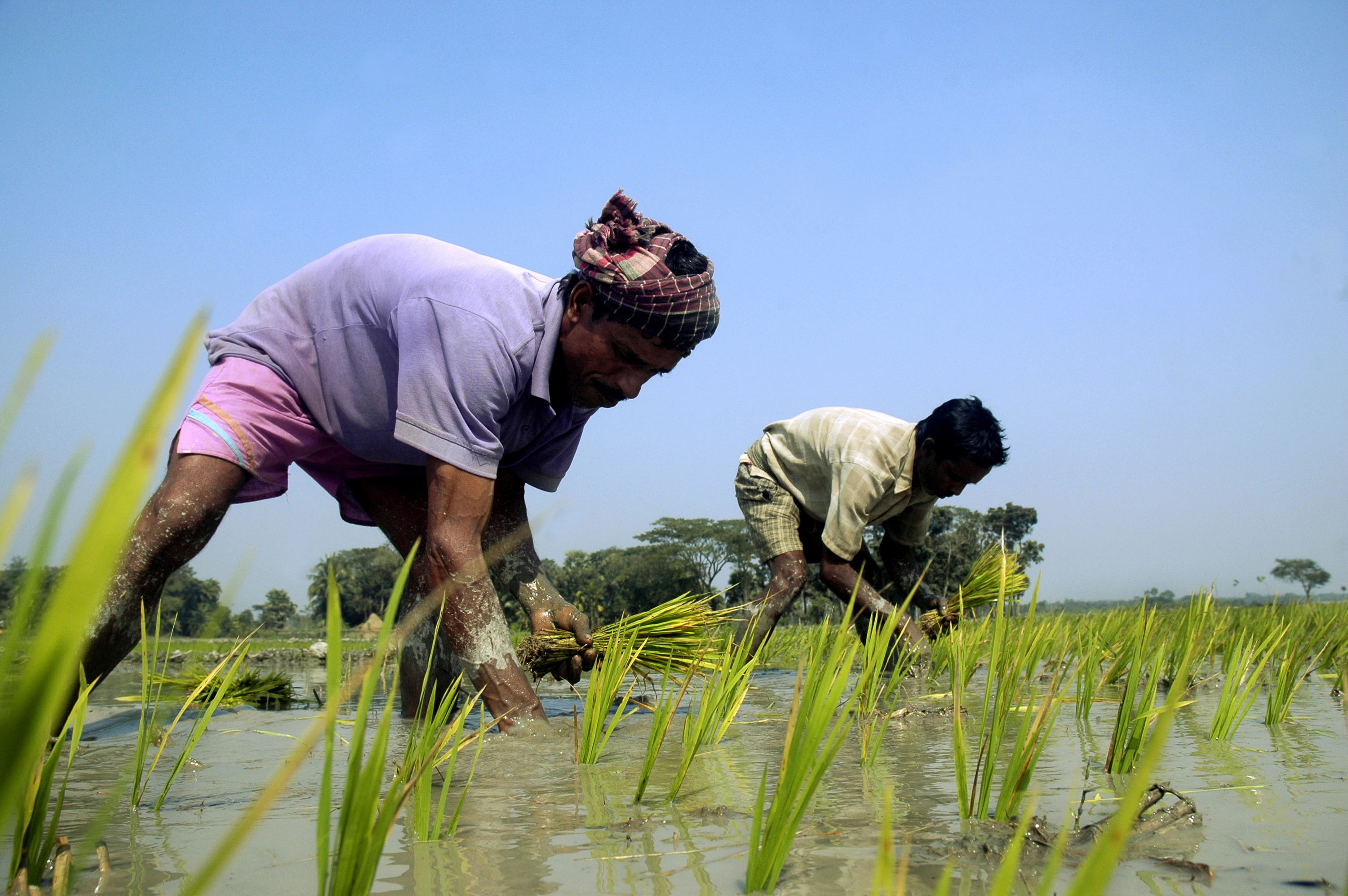
Bangladesh has again demanded that the European Union (EU) extend its trade facilities meant for least developed countries (LDC) for six more years instead of three years to ensure the country’s smooth graduation to a developing nation.
A delegation of Bangladesh placed the demand at different meetings with high-ups of the EU at its headquarters in Brussels in Belgium over the last two days.
Bangladesh is scheduled to make the United Nations status graduation from November 24, 2026.
The EU will continue to provide Bangladesh the LDC trade benefits up to 2029, with the three extra years being a grace period the world’s largest trade bloc allows for graduating countries.
Bangladesh wants the extension to last up to 2032 to take more preparations for the graduation.
Moreover, Bangladesh has also demanded that the EU withdraw a rule in a new Generalised Scheme of Preferences (GSP).
The rule stipulates that if the value of a product imported from a country eligible for duty-free benefits under the Everything But Arms initiative crosses 6 per cent of the bloc’s total imports, then the zero-duty facility will not be applicable even if GSP status is granted.
Bangladesh has crossed the 6 per cent threshold a lot earlier.
“We have already demanded to some EU parliamentary members, those who are involved in the trade affairs, for the removal,” said Faruque Hassan, president of the Bangladesh Garment Manufacturers and Exporters Association (BGMEA), over the phone.
He is one of the members of the delegation, which is led by Mohammad Tofazzel Hossain Miah, principal secretary to the prime minister, and which includes Tapan Kanti Ghosh, senior secretary to the commerce ministry.
Despite repeated efforts, Ghosh could not be reached over phone. He also did not reply to a query sent over WhatsApp.
During the meetings, Bangladesh demanded the trade facility extension citing that its trade was badly impacted from the severe impacts of the Covid-19 pandemic and Russia-Ukraine war, Hassan said.
Moreover, the garment sector played a major role in empowering women by creating jobs for thousands of female workers while Bangladesh has sheltered a massive number of displaced Rohingyas, he said.
Some members of the private sector also participated in the meetings, including Nihad Kabir, former president of the Metropolitan Chamber of Commerce and Industry and chairperson of the trustee board of Business Initiative Leading Development, said Hassan.
Farooq Ahmed, secretary general and CEO of Bangladesh Employers’ Federation, also participated in the meetings, Hassan added.
Hassan said earlier the EU had removed another threshold of 7.4 per cent for which Bangladesh gained eligibility for GSP Plus of the EU after the LDC graduation.
The old import share criterion stipulated that a country’s share in EU GSP-covered imports in 2019 could not be more than 7.4 per cent.
As Bangladesh is a large clothing exporter and as almost all of it is exported duty-free, Bangladesh’s share in EU-GSP covered imports was much higher than the 7.4 per cent.
The EU is going to introduce its new GSP rules for eligible countries from January 2024 to be continued up to 2034.
The delegation is also scheduled to hold meetings with the director general for trade of the EU to place the demand.
Bangladesh along with other LDCs have been lobbying with different developing and developed countries over the last few years to extend the LDC trade benefits.
Of the total exports from the country, over 73 per cent is LDC induced as Bangladesh enjoys preferential trade benefit as an LDC in 38 countries now.
However, once the country graduates to become a developing country, it will lose its preferential trade benefits.
The BGMEA in a press release also informed of the demands being placed with the EU.










